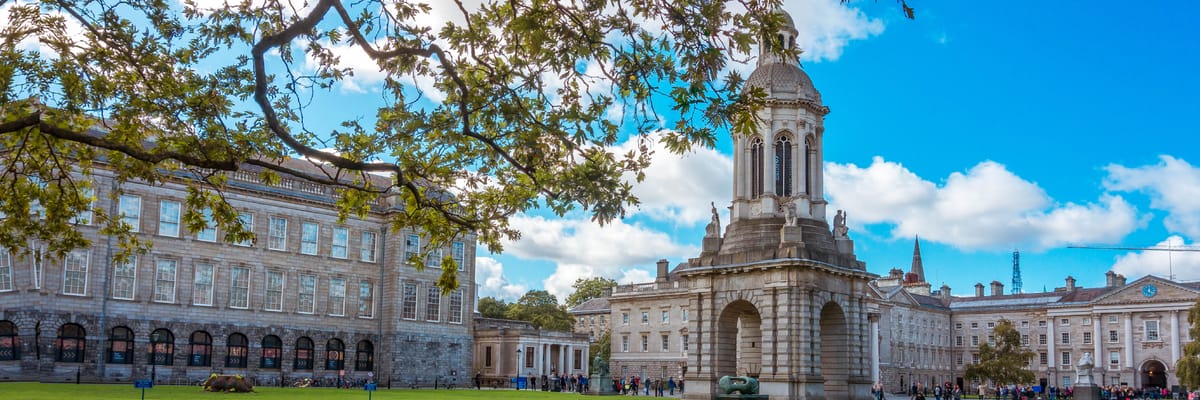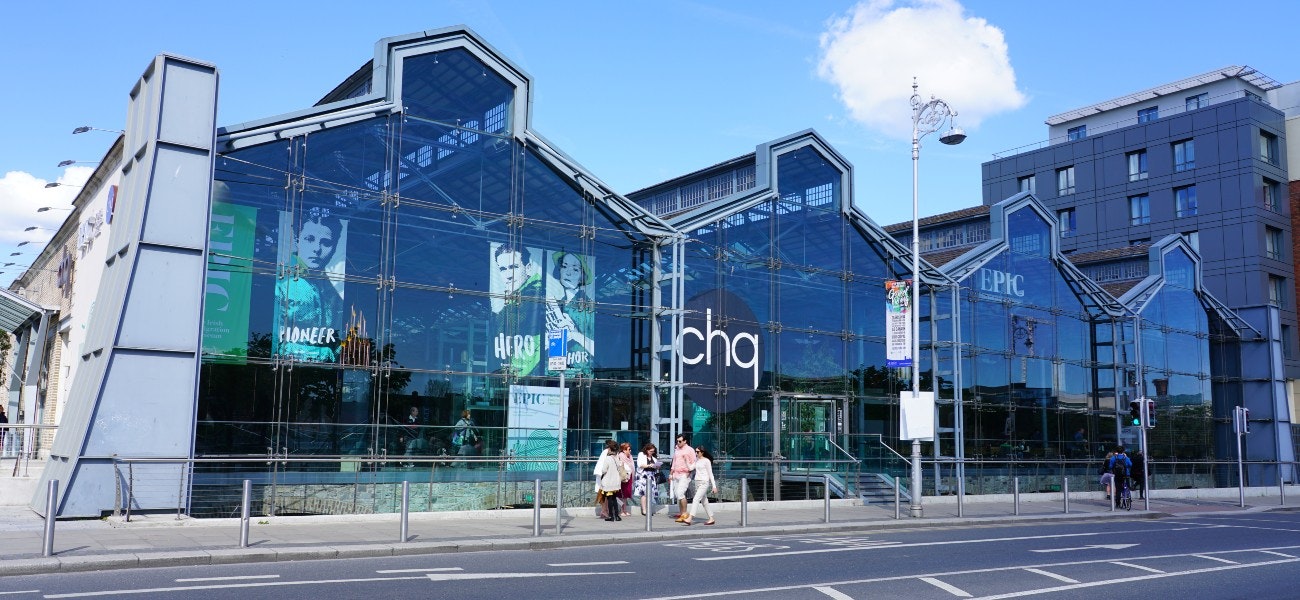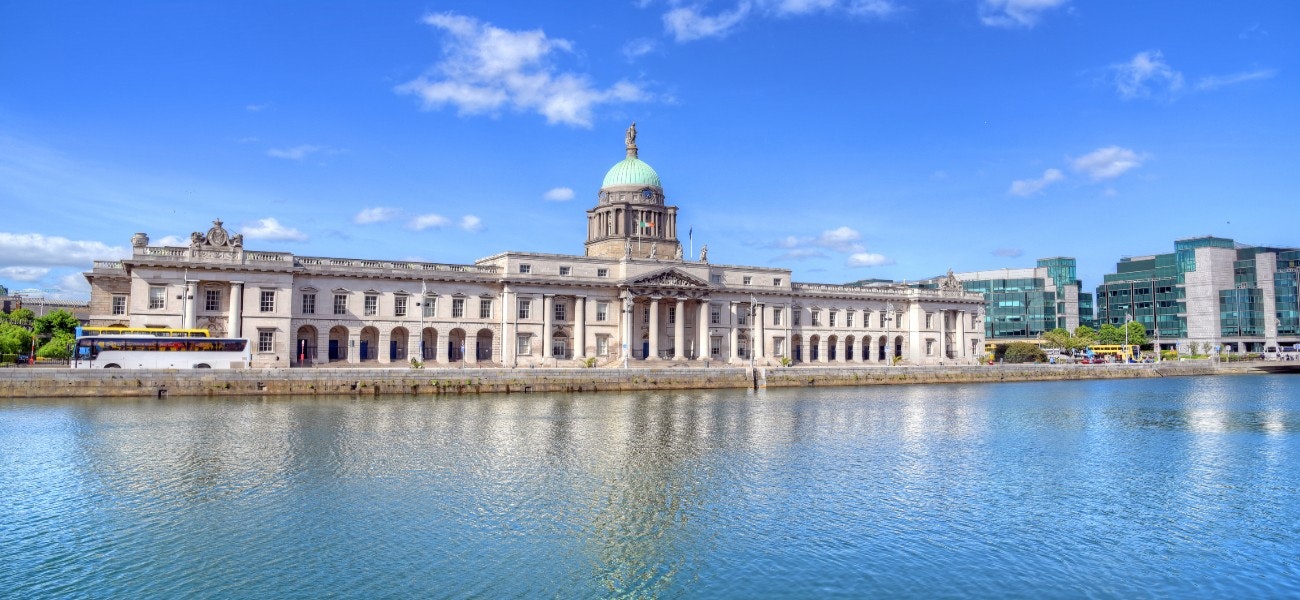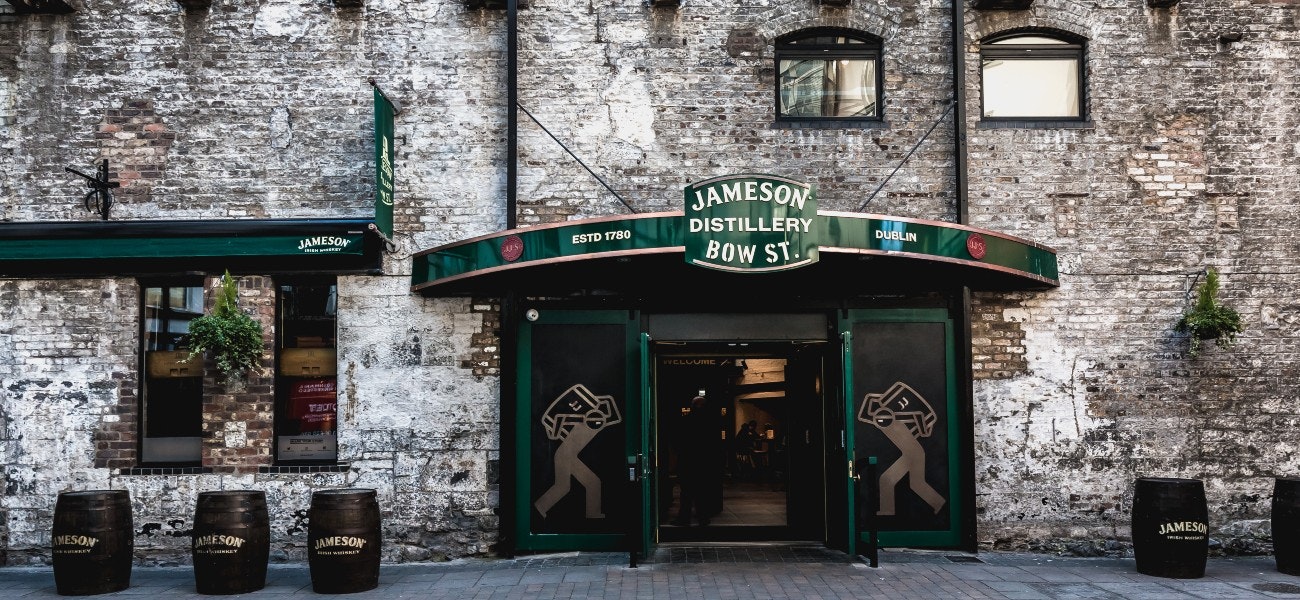Cheap Flights to Dublin with PLAY from
Flight Deals to Dublin with PLAY
New York (SWF)to
Dublin (DUB)New York (SWF)to
Dublin (DUB)New York (SWF)to
Dublin (DUB)New York (SWF)to
Dublin (DUB)Toronto (YHM)to
Dublin (DUB)Toronto (YHM)to
Dublin (DUB)*Fares displayed are for one-way flights when booking round-trip flights. The fares have been collected within the last 48hrs and may no longer be available at time of booking.
Tickets for Our Most Popular Flights to Dublin
New York (SWF)to
One way of round trip
New York (SWF)to
One way of round trip
New York (SWF)to
One way of round trip
New York (SWF)to
One way of round trip
New York (SWF)to
One way of round trip
New York (SWF)to
One way of round trip
New York (SWF)to
One way of round trip
New York (SWF)to
One way of round trip
New York (SWF)to
One way of round trip
New York (SWF)to
One way of round trip
*Fares displayed are for one-way flights when booking round-trip flights. The fares have been collected within the last 48hrs and may no longer be available at time of booking.

Travel to Dublin
Ireland’s capital city, where history meets innovation
Sitting on the east coast of Ireland, Dublin is a small capital with a big personality. Or rather two personalities. There’s historic Dublin, with its cobbled streets, grand castle and centuries-old pubs that once hosted literary legends like James Joyce and Oscar Wilde. And then there’s modern Dublin, pulsating with the energy of a city that’s rapidly embracing the future. At the heart of this transformation lies Silicon Docks, a symbol of the Irish capital city’s rise as a global tech hub. What remains constant is the locals’ infectious sense of craic, the Irish way of having a great time in the company of friends.
Top Dublin facts you probably didn’t know
Dublin’s history dates back to the 9th century when the Vikings, recognizing the strategic potential of Dublin Bay, set up a trading post here. They adopted the place’s Irish name, Dubh Linn, meaning “black pool,” referring to the dark tidal basin formed by the confluence of the River Liffey and the now-underground River Poddle. The location indeed turned out to be a prime spot for commerce, and Dublin’s population grew steadily. By the 12th century, it was already the largest settlement in Ireland.
Home to approximately 1.3 million people, Dublin continues to be the country’s most populous city. In addition, the Irish capital also has the youngest population in all of Europe: about one-third of its residents are under the age of 25. What else does it have in abundance? Pubs. More than 750 watering holes are scattered throughout the city, with the oldest being The Brazen Head in the Merchant’s Quay area. Set in an old coaching inn, it’s been pouring pints since 1198.
Here’s one last Dublin fun fact for you: the Irish capital holds the title of UNESCO City of Literature, in no small part thanks to its contribution of four Nobel laureates in literature – William Butler Yeats, Samuel Beckett, George Bernard Shaw and Seamus Heaney.
Historic places to visit in Dublin: from Dublin Castle to Kilmainham Gaol
Dating back to the 13th century, Dublin Castle served as the seat and symbol of British rule in Ireland for 700 years, up until 1922. It’s Great Courtyard is said to be the historic location of the Black Pool, from which Dublin got its name. While the grounds and gardens in the medieval castle complex are open and free to roam around, guided tours are recommended. These tours offer exclusive access to highlights such as the magnificent State Apartments, once the residential quarters of the viceregal court, St. Patrick’s Hall, the main reception room, and the Gothic Chapel Royal.
A 15-minute walk away, you’ll find Ireland’s largest church, St. Patrick’s Cathedral, built in honor of the country’s patron saint in 1191. Legend has it that the church stands on the very spot where St. Patrick himself baptized local chieftains back in the 5th century. With its soaring vaulted ceilings, grand graystone turrets and multicolored stained-glass windows, it’s a masterpiece of Gothic architecture.
If visiting a university on your vacation is not your idea of fun, think again. Trinity College is not only Ireland’s oldest university and one of Europe’s most prestigious academic institutions, but it’s also home to the 18th-century Old Library, a must-visit sight in Dublin. Its impressive Long Room houses 200,000 of the library’s oldest books and is home to the famous Book of Kells – a 9th-century illuminated Gospel manuscript adorned with intricate Celtic artwork.
For a sobering look into Ireland’s past, head to Kilmainham Gaol, whose stone walls echo with tales of the country’s long and painful struggle for independence. Once dubbed “The Bastille of Ireland,” this forbidding building, notorious for its harsh living conditions, served as a prison for revolutionaries of various uprisings. Notably, it housed the leaders of the 1916 Easter Rising, who were later executed in the prison yard. The guided tour is an absolute must.
Essential Dublin experiences: Irish liquid gold, pub hopping and Guinness factory visit
After all that history, it’s time for a frothy, malty adventure at the Guinness Storehouse, Dublin’s no. 1 tourist attraction. Shaped like a huge pint glass, this interactive, seven-story museum sits on the site of the original Guinness brewery, founded by Arthur Guinness in 1759. Once you’ve explored the history of the “black stuff” and unraveled the secrets of the brewing process, take in panoramic views of the city from the Gravity Bar at the top. And why not seize the opportunity to master the art of pouring the perfect pint?
And now onto another iconic Irish beverage, whiskey. The Old Jameson Distillery offers guided tours and tastings, where you can learn all about the amber liquid and sample some of the finest blends. If that wasn’t enough, continue your whiskey journey at The Irish Whiskey Museum for even more tastings and a deeper dive into the history of uisce beatha, or “water of life” as it’s known in Irish.
“Good puzzle would be cross Dublin without passing a pub,” pondered Leopold Bloom in James Joyce’s Ulysses. But why would you want to, anyway? The most obvious place to start your pub crawl is in the legendary Temple Bar, where traditional Irish music keeps the spirits high until dawn. Other popular boozers include Toners, an old haunt of Yeats, The Long Hall, oozing Victorian-era charm, or O’Donoghues Pub where The Dubliners first started playing. Our best tip: don’t limit yourself to one area. For a truly authentic experience, ask a local for their favorite hidden gem outside Dublin’s city center. Cheers!
Dublin Airport: gateway to Ireland with flights to North America
Located just 10 kilometers from Dublin’s city center, Dublin Airport is the busiest airport in Ireland, with two terminals and nearly 30 million passengers passing through each year. It offers a wide range of flights to domestic, European and international destinations, serving as a gateway to the country for many travelers. PLAY connects Dublin to North America with a layover in Reykjavik.
To get to Dublin city center from the airport, you have several options. The most popular one is the Dublin Express bus service (routes 782 and 784). Buses run every 10 minutes during peak times, and the journey typically takes about 30 minutes, depending on traffic. It’s a good idea to book tickets online in advance, but you can also get them at the airport. Taxis and car rental services are also available.
Need a place to stay?
We got you covered. Check out these great prices on accommodation at your destination.


 The Best of Dublin
The Best of Dublin A Brief History of Dublin
A Brief History of Dublin Drinking in Dublin
Drinking in Dublin